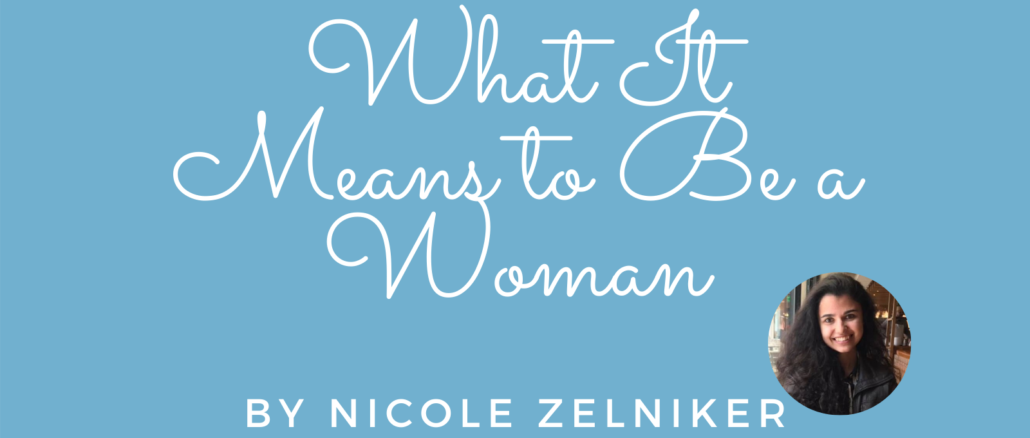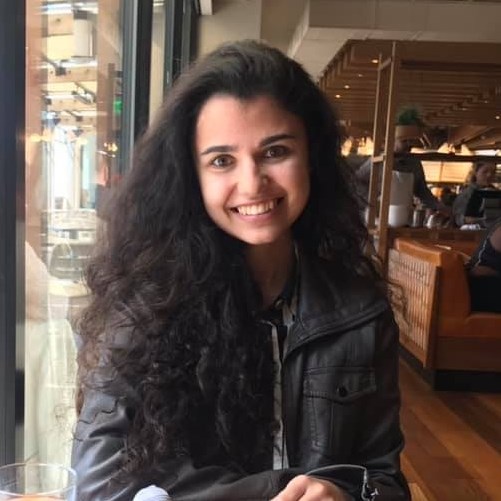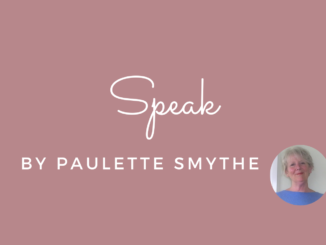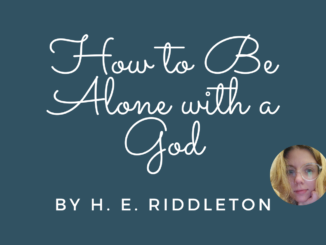
To get to your apartment junior year of college, you have to walk a winding path by your old freshman dorm, three newer apartments, and the community center before you arrive at home. Sometimes instead, you take a shorter path through the woods, like when it was below 40 degrees or you were running late to whatever class or club you’d committed to. On this particular night, you wrap your jacket tightly around yourself and opt for the shorter, if poorly lit, path.
Halfway there you hear heavy footsteps, boots crunching on taught twigs. Your breathing speeds up and you take quicker, longer strides. Behind you, the footsteps also speed up.
Clenching your keys in your hand, you whip around, prepared to defend yourself with whatever knowledge from self-defense classes you’ve retained. Instead, you come face-to-face with your roommate, who only says, “Hey.” He had been trying to catch up with you on your walk back, not thinking to call out.
It is logical to him that he should have been able to catch up without a word. It is logical to him because he has never been in those aforementioned classes, learning how to defend himself from the possibility of rape.
***
There is a whole essay in Roxane Gay’s anthology Not That Bad about how one woman never wanted to talk about her experience with rape because it seemed comparatively mild. Gay herself writes in the introduction that she thought her own experience being gang raped in the woods wasn’t so terrible. Her denial was a coping mechanism.
But when you read these stories, you frown. Your own story really is “not that bad.” It involves men catcalling you in the street. There is one time your friend decided to call back and the angry man wouldn’t leave the two of you alone for another ten minutes. Your story encapsulates that one time walking home from a friend’s in the summer time and a car with at least three men followed you for a bit, drove off, and then circled back around, making your heart pound in your chest. They never touched you, though. Isn’t that lucky?
Your story is the family friend who touched your ass one night because you reluctantly gave him a hug goodbye, social niceties deeming that hug a necessity. It is pushing through sex even when it is uncomfortable or feels bad because that is what you are supposed to do. It is years of hiding your body away because of an eating disorder, only to be leered at when you dare to wear a bikini to the beach for the first time since childhood. Your story is letting your friends know where you’ll be when you say “Yes” to a Hinge date, in case something goes horribly wrong. Nothing ever did.
***
Friends who have been raped, though, are no different. They hide their experiences away, feeling like it was unpleasant, but could have been worse. Or that they should have done this, that, and the other thing to prevent it from happening, so it’s really their own fault. Usually, it is a partner or someone they know well. Oh well, they think. You tell them over and over again that it’s ok to speak out. But they rarely, if ever, do.
When the #metoo hashtag surfaces, it is a relief. Maybe, just maybe, it will make a difference. Harvey Weinstein is arrested, as is Bill Cosby. But at the same time, Trump is elected president after one sexual assault allegation after another emerges, after this same man was outed as having declared he could do anything he wanted to a woman, including “grab them by the pussy.” At that same time, RAINN reports 433,648 people over the age of 12 will be raped every year in the United States. And whatever tasted so briefly like hope turns bitter, a bitterness that will last beyond the next four years, even if you are told things are ok now. Even if you are told you can breathe.
Nicole Zelniker (she/her) is a writer, activist, and podcast producer at The Nasiona. Nicole is also the author of Mixed, a non-fiction book about race and mixed-race families, and Last Dance, a collection of short stories. Her third book, Letters I’ll Never Send, is forthcoming winter 2021. Check out the rest of her work at:



